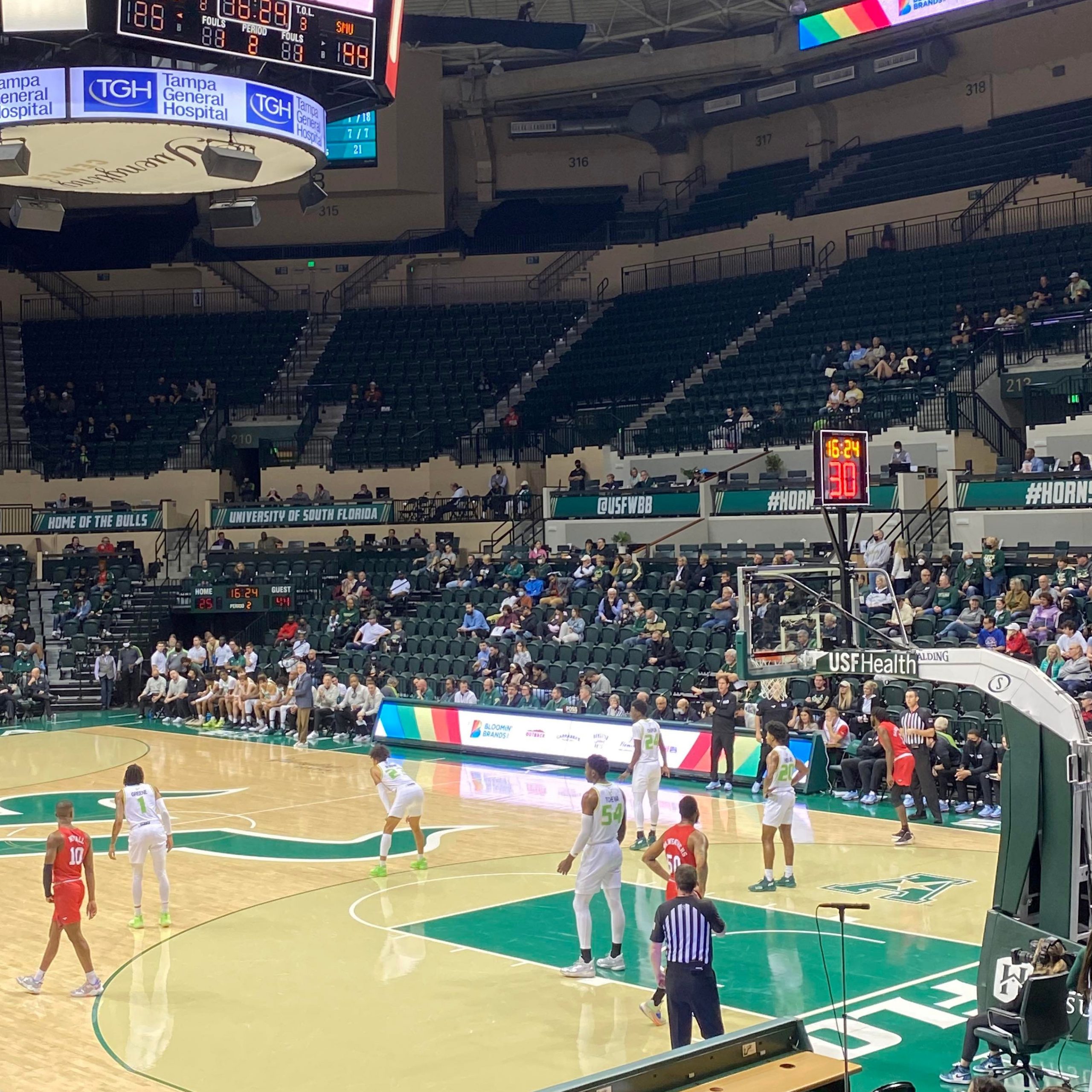What’s in a Name? Americans in Translation

As Lucy Connors goes through her exchange year at the University of South Florida, she’s becoming accustomed to the questions Americans ask her, from “How do you say your name?” to “Is London a country?”
Unsurprisingly, the phrase I have heard the most so far throughout my year abroad at the University of South Florida (USF) has been ‘OMG I love your accent’. The next things I’ve heard the most have all been variations on my name, because no matter how much Americans love the British accent, they can’t always translate it. Something I never expected was the total confusion that being called ‘Lucy’ would cause; I have become Lacie, Lassy, Macy, Lucia, and even– somehow – on more than one occasion, Nancy.
Names aren’t the only feature of British life that have been lost in translation. Everyone is fascinated with our home but have been educated about it to varying degrees of success. It’s a shame I’m not more into ‘soccer’ than I am, because well-meaning Frat Boys hear me and start listing premier league teams. Although the amount of them that think Arsenal is a city is almost as concerning as when I was asked if we eat potatoes. Talking to Americans is like looking at England through a funhouse mirror; the general shape of the country is there, but it’s shown through rather entertaining distortion.
the amount of them that think Arsenal is a city is almost as concerning as when I was asked if we eat potatoes.
‘London – that’s like Narnia, isn’t it?’
‘No, I thought England was too small to have forests.’
‘Yes, but London’s a separate country to England.’

Now, you may extrapolate this and begin to form an idea of what classes are like out here. As an Exeter student, I am used to seminars with eight people, each having a battle over who can sound the most pretentious and well read for two hours a week. I have studied Renaissance literature both at Exeter and now here at USF, and only in one of these universities’ discussions did I hear ‘God’s my man, he’s my dude.’ Now, don’t get me wrong, I am not trying to feed into the stereotypes that Americans are totally clueless – many of them are incredibly intelligent – it’s just that those who live up to the stereotypes really live up to them. I can’t deny that this feeds into a more genuine discussion of what people think about the literature we’re studying, rather than what they are supposed to think and what sounds the most intelligent. But I also can’t say I haven’t had to stifle a few grins; for example, when someone proudly announced that it was through a Hozier song that they first heard of the city of Bethlehem.
I’m in a hockey team at Exeter and hockey is the sport I love, but the only hockey they play out here is ice hockey. Yes, ice hockey in Florida. No one really knows what ‘field hockey’ is. So, in order to undertake the full American college experience, I have started playing softball. Did you know they call fielding ‘shagging’?
there’s a chance you’ll catch me rounding out my vowels or exaggerating the wrong syllables. But that’s only to make life easier. I promise.
Even after six months in Florida, I will confirm I’ve not traded in any of my British idioms for Americanisms. I am still told I talk extremely fast. Especially compared to those natives of the state who have a particular Southern drawl. But I also might slip in a ‘for sure’ here and a ‘no shot’ there, and if I’m really fed up with being misunderstood, there’s a chance you’ll catch me rounding out my vowels or exaggerating the wrong syllables. But that’s only to make life easier. I promise.
Edited by Ryan Gerrett


